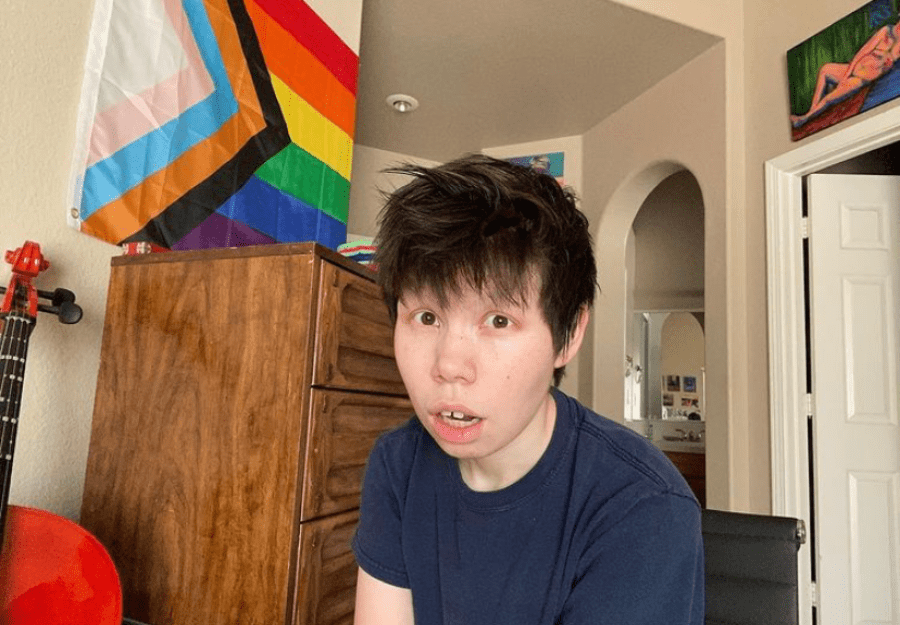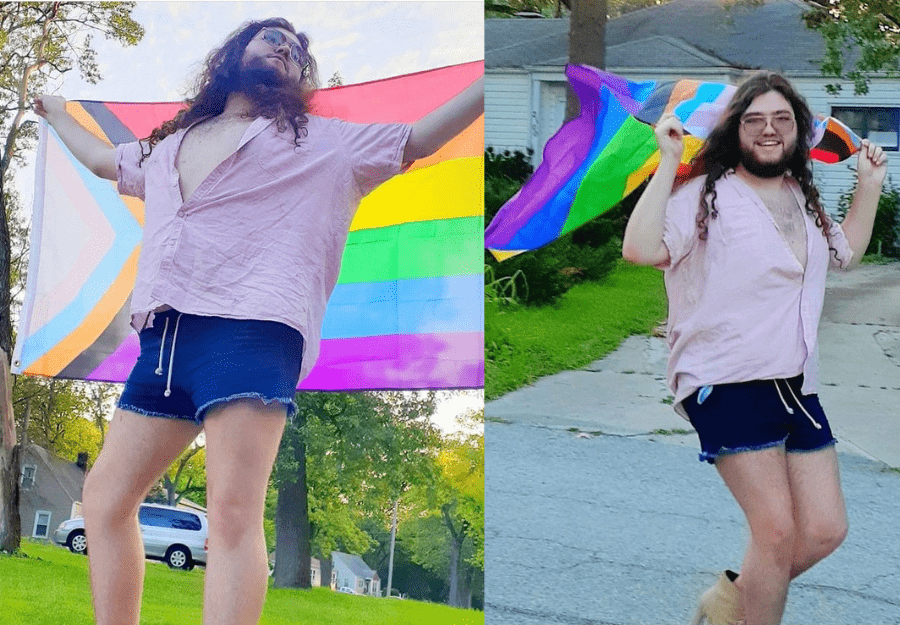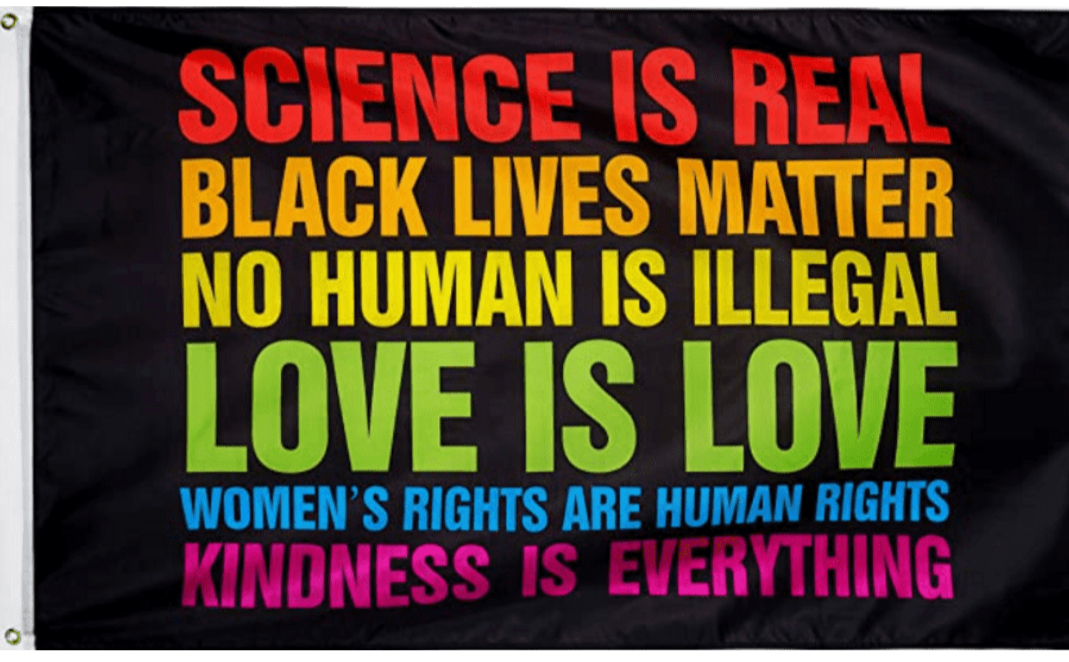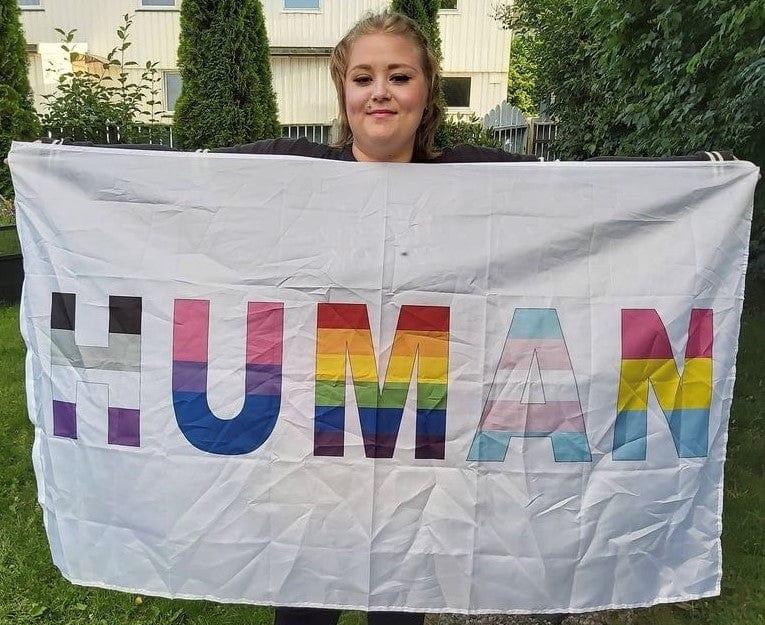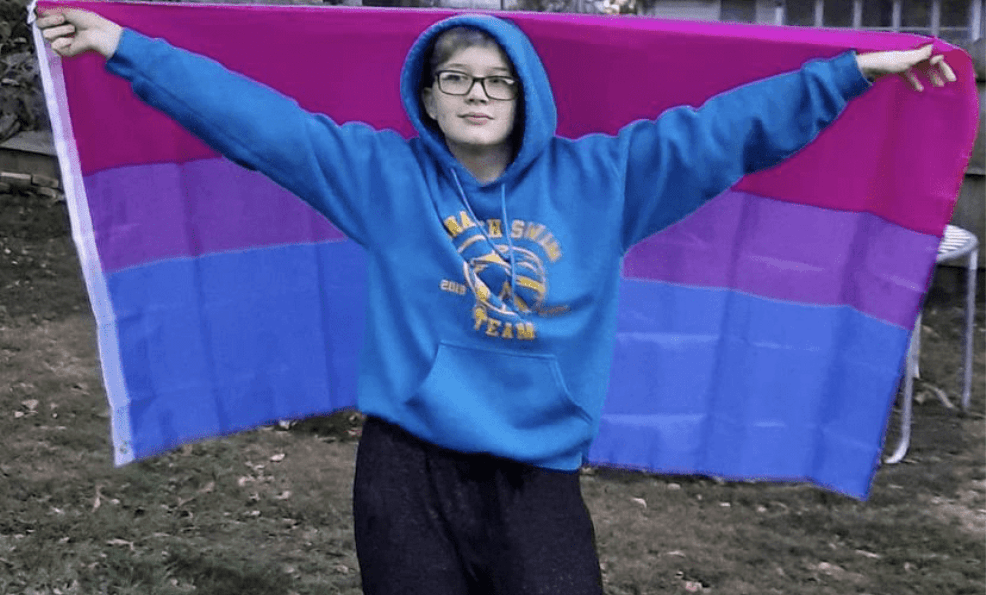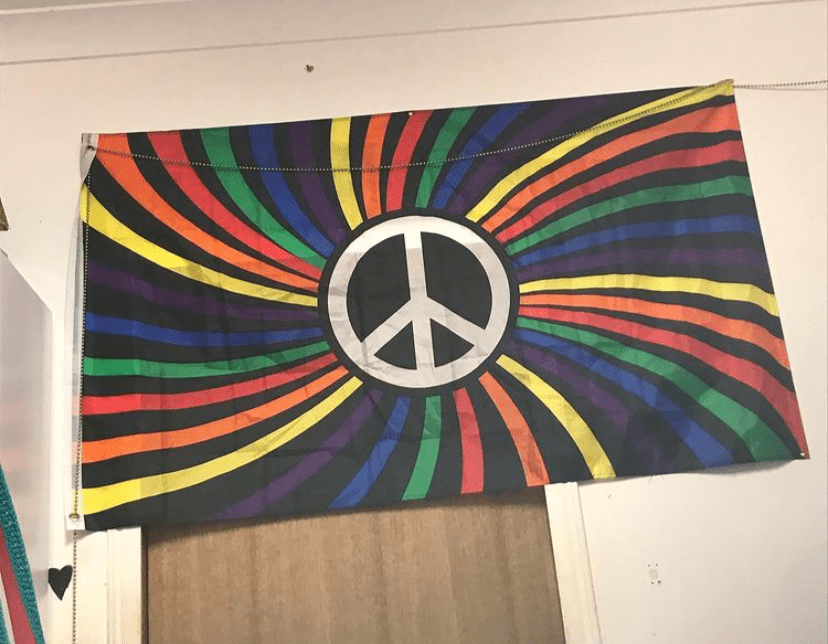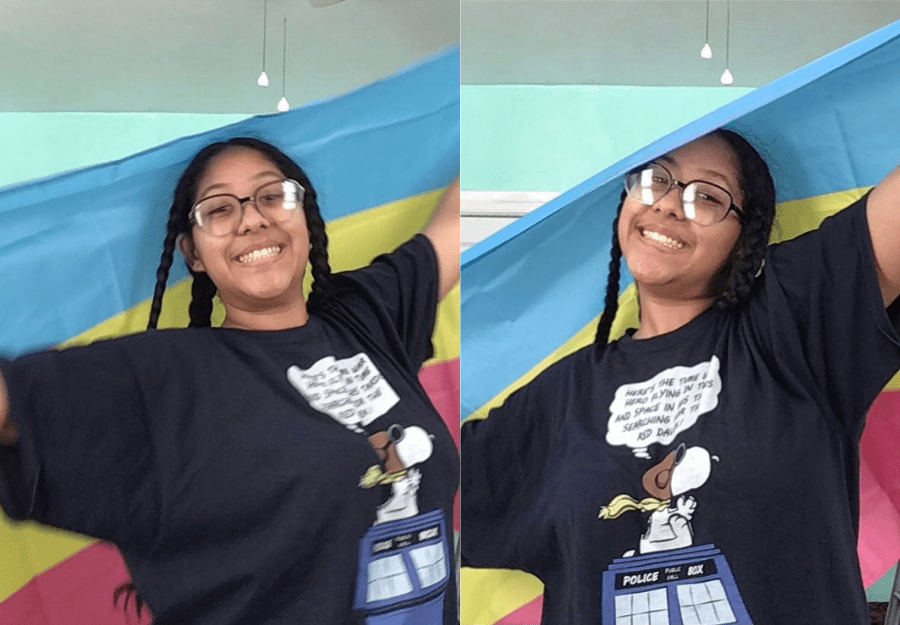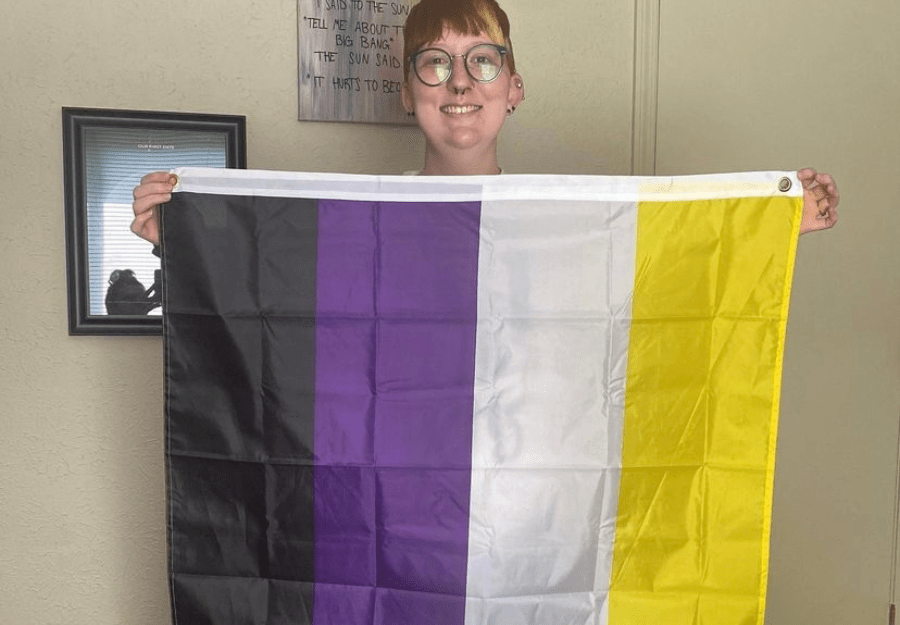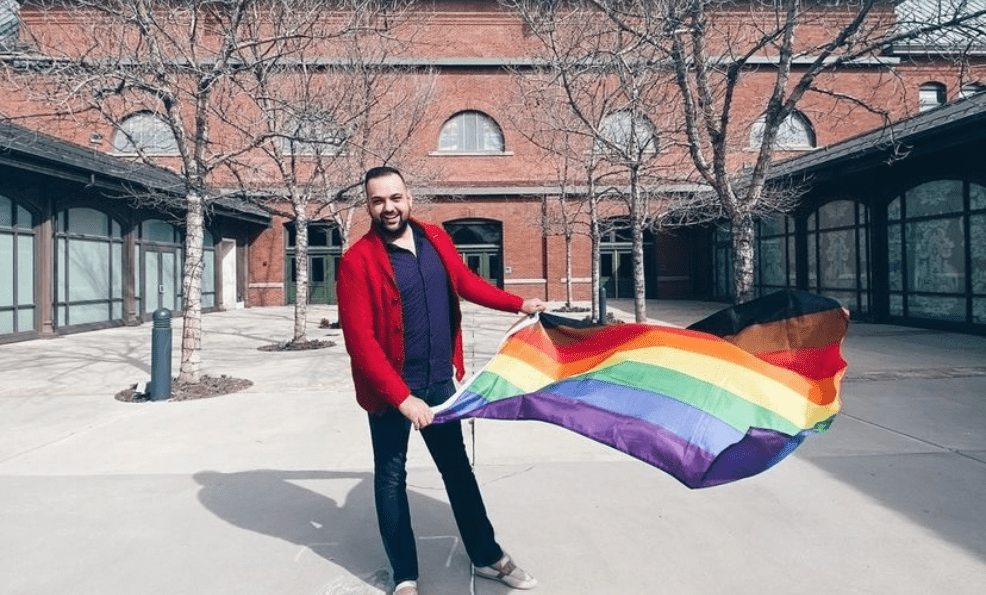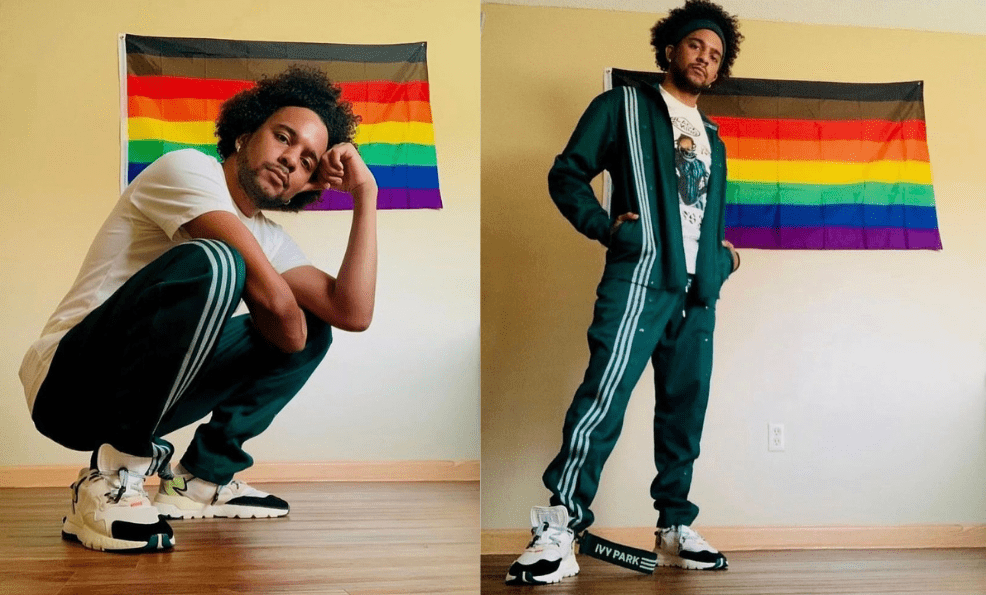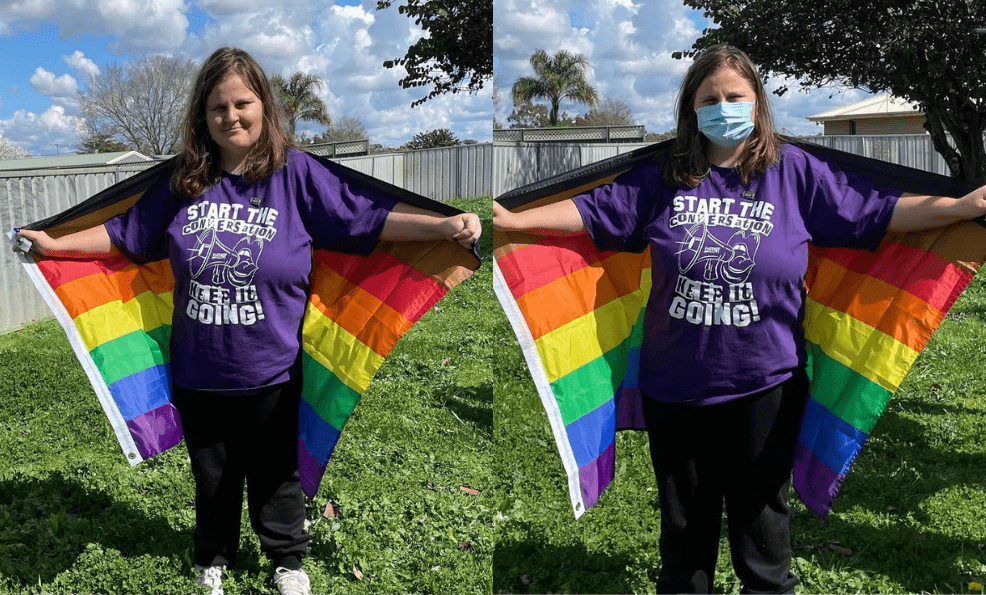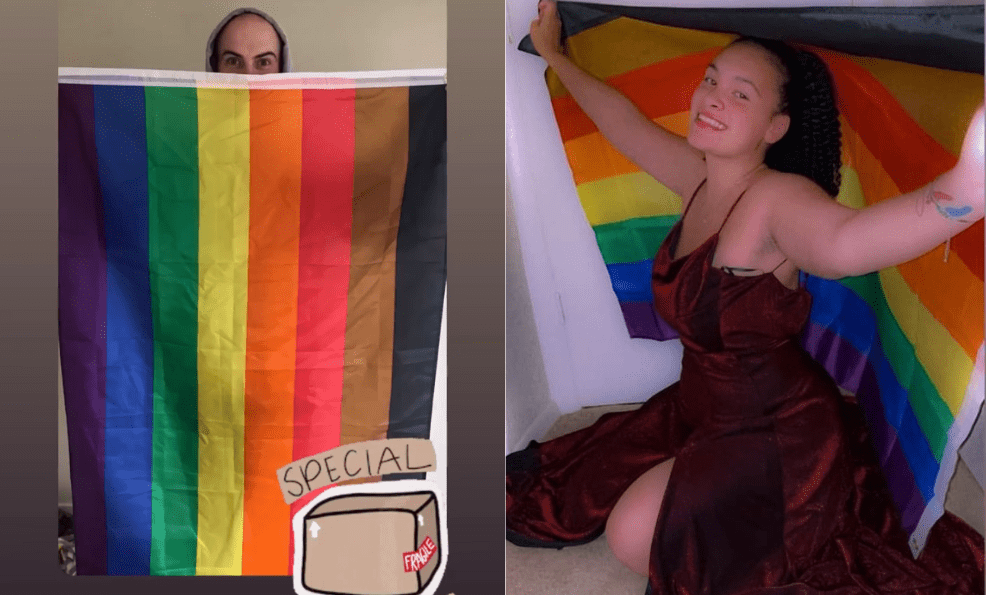Depression, also known as major depressive disorder, is a mental illness that causes intense and overwhelming feelings of sadness and hopelessness. Depression is a powerful influencer. It can make a person unable to live their life to the fullest potential for a significant period, from weeks, months, to years. Studies show the LGBTQ+ community is disproportionately affected by depression so it is important to be aware of the symptoms and potential causes of depression, as well as how to treat it.
Depression is different from feeling just sad or down. It is a much more debilitating experience than the emotional rollercoaster that can come with life's events. Depression makes it difficult, or even impossible, to live a healthy everyday life. It can be all-consuming in its influence. The feelings of worthlessness, loneliness, and sadness affect every facet of the human experience, from physical aches and pains to emotional and mental turmoil.
Those who are experiencing depression should seek medical help from a professional. Without treatment, depression can seriously impact a person’s ability to function and enjoy life. Any thoughts or conversations about self-harm should be taken very seriously.
Symptoms of Depression
When diagnosing depression, mental health professionals will check to see if the patient is experiencing five or more symptoms for two weeks or longer. Symptoms range from mental, emotional, and physical, all distinctly embodying the mental illness. Many people who experience depression report a feeling of fogginess in their brain, making it hard to retain information, make decisions, and affecting the ability to understand what is going on around them. A person experiencing depression is more likely to feel depressed for most of their day, especially in the morning. The body is trying to send signals that it needs some help.
While depression is considered a mental illness, it has a multitude of physical symptoms. Depression makes a person feel slowed and weighed down, as they live in a world with more gravity than everyone else around them. Depression is also known to manifest itself into physical aches, pains, and gastrointestinal distress. A person experiencing depression might report insomnia or, contrastingly, find themselves sleeping throughout the entire day. The brain chemicals linked to depression are serotonin and norepinephrine, which control the brain’s mood and pain centers.
Depression takes away interest, enthusiasm, and pleasure in daily life, replacing it with feelings of worthlessness, pessimism, and devastating hopelessness.
Those who suffer from depression may experience either a significant weight gain or loss, as it is also known to affect the appetite. Some people overeat, using food as a coping mechanism, or completely lose their appetite because of their mental state of feeling sad, anxious, and empty. Symptoms of depression vary from person to person in length and appearance. In severe cases, depression can cause thoughts of self-harm and suicide.
Causes of Depression
While there is not one specific cause for depression, there are various factors that contribute to the likelihood of someone experiencing it. Those who have depression can have a different brain structure than someone who does not. Their neurotransmitters in their brain may not be working effectively, causing a chemical imbalance that leads to depression. A change in body hormones can also lead to depressive episodes.
Depression is also linked to genetics, meaning that if someone has a family member who has experienced depression, they are more likely to experience depression.
Depression And The LGBTQ+ Community
Adolescence can be a hard time for LGBTQ+ youth, resulting in higher reports of depression. Several environmental factors contribute to this, such as enduring cultural stigmas, bullying, teasing, negative attitudes, and physical violence at school. The constant absorption of abuse is directly correlated to LGBTQ+ youth experiencing depression. Experiencing daily turmoil at school can lead to lower grades, test scores, involvement in extracurricular activities, and an overall apathetic attitude towards education.
Depression is one of the most common mental disorders that affect LGBTQ+ youth in the U.S. This group is more likely to experience verbal and physical harassment at school than their heterosexual peers because of their sexual orientation, gender expression, or gender identity. It affects grades, participation, and overall academic performance. Outside of the educational system, an overwhelming number of homeless youth identify as members of the LGBTQ+ community in the U.S.
The Importance of Support Systems
It is beyond imperative for the future well-being of LGBTQ+ youth to receive support both at home and at school, as they have an increased likelihood of being harassed or bullied for their identities. Having access to help leads to higher performance in schools and the workplace. When an individual is experiencing depression, it can feel impossible for them to pull themselves out alone. Support can and should begin in childhood and carry on through adolescence and adulthood, but that can sometimes circumstantially be hard to find for some.
A person’s home life is also an environmental factor to consider when it comes to depression. How someone’s family reacts to their sexual orientation, gender identity, and gender expression can leave lasting effects on emotional and mental well-being.
Familial rejection is a devastating and painful experience, disproportionately affecting LGBTQ+ youth. Experiencing rejection both at school and at home takes away a person’s chance at having a safe place to flourish and thrive as themselves. As a result, there is a risk for many LGBTQ+ people losing housing and safe places to live.
Diagnosing Depression
There are a few different ways to go about diagnosing depression. A medical professional might perform a physical test to rule out any other conditions. Bloodwork is often taken to examine chemical levels in the body. A psychiatric evaluation is also standard, where doctors will ask questions regarding the current state of mental health. This will entail discussing current mental states, emotional states, and recent behavioral patterns.
Treating Depression
Depression is an invisible and powerful mental illness that affects millions of people every year across the U.S. There are several different avenues to consider for possible treatment plans. If you or someone you know is struggling with depression, it is essential to talk to a doctor or mental health professional about creating a treatment plan. Your unique treatment plan will be dependent on medical history and the severity of the symptoms. Medication and therapy are a common combination of treatment, targeting both the brain chemistry and socio-cultural elements of experiencing depression. You might have to try several variations of medication before finding the combination that best suits you.
There are several different methods of therapy that can help fight depression. Participating in talk therapy can help manage the emotional demands of daily life. Another common type of therapy is cognitive behavioral therapy, also known as CBT, one of the most studied forms in Western culture. Cognitive behavioral therapy aims to help the individual recognize patterns of self-defeating thoughts and behaviors and then how to change them. If the depression experienced is severe, it might be best to seek out either an in-patient or out-patient treatment program.
Final Takeaways
It is important to remember that depression is not a choice. It can feel frustrating to both the person experiencing depression and those around them that a simple snap of fingers is not enough to make it go away. One cannot just quit or stop being depressed. It is deeper and darker than just having a pessimistic outlook on life. Depression is a genuine mental illness that fosters a total lack of self-esteem, making it impossible to think clearly and see any positives in life.
The stress the LGBTQ+ youth population experiences can lead to an increased likelihood of experiencing depression in their lives, along with the possibility of encountering injury, violence, drug and alcohol abuse, risky sexual behaviors, and suicide attempts. To support someone grappling with depression, it is important not to assume the best methodology for them. Depression is not a one size fits all disease. Stay involved in the person’s life, talk with them, listen to them, and take what they say seriously. Depression is a treatable mental illness, but the road to feeling better can still feel like a struggle without the right support.
Sources:















